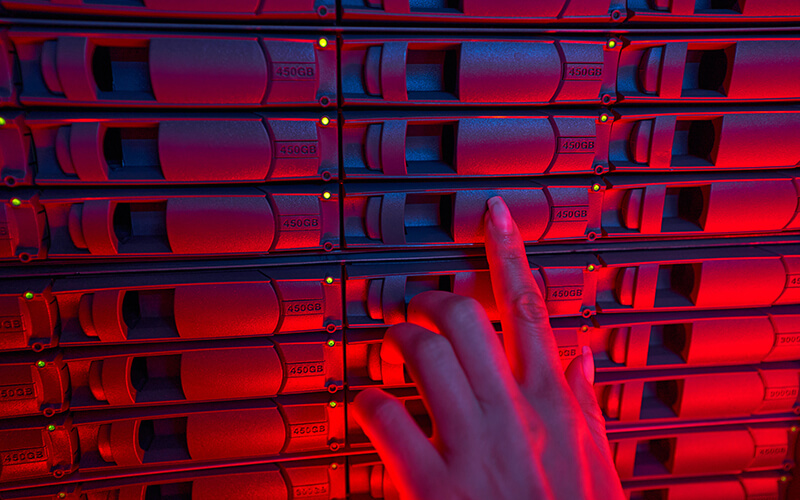The Federal Cabinet today adopted a government draft for an Energy Efficiency Act. Among other things, this is to define requirements for data centres. Bitkom President Achim Berg explains:
“The draft for the Energy Efficiency Act has a fundamental design flaw: it sets up hurdles that data centres simply cannot master. Some of the requirements are simply unrealistic and have only one effect: data centres migrate to neighbouring countries, and this helps neither the German economy nor the global climate. In its current form, the Energy Efficiency Act would endanger Germany as a data centre location and put the brakes on digitisation. Above all, this also thwarts the efforts of the Federal Government for more digital sovereignty, the security of critical infrastructures and the end of one-sided dependencies.
An obligation to use waste heat is to be imposed on data centres. However, as long as there is a lack of customers and the necessary modern heating networks, the requirements can hardly be met. In addition, the network nodes of the telecommunications networks must be exempted from the requirements. Otherwise, larger network nodes could only be built in regions with heating networks. Also, all German data centres are to be operated with 50 per cent green electricity from 2024 and 100 per cent from 2027. However, data centres depend on the German electricity mix and this electricity mix is set by politicians.
Data centres are the control centres of sustainable digitalisation. The more energy-efficiently and sustainably they are operated, the better not only their own ecological footprint is, but at the same time the footprint of digital solutions and applications as a whole – be it in private households for streaming or internet use, be it in industrial processes or in companies. Hardly any area of life or the economy can do without the services of data centres. Data centre operators in Germany therefore expressly support the goal of further improving the energy balance of data centres and making digitisation climate-friendly. However, the current draft law is diametrically opposed to this goal. Germany’s climate goals can only be achieved with and not against digitalisation. If data centres are driven out of Germany, this will indirectly worsen Germany’s climate balance.”
How climate-neutral is the digital economy of the future? How can data centres become more sustainable? These and other questions will be addressed today at Bitkom’s Digital Sustainability Summit. Until 5.30 p.m. online and on site at the Representation of the State of Hesse in Berlin-Mitte, the focus will be on the connection between green and digital change. Speakers include Federal Minister Svenja Schulze, Dr. Franziska Brantner, Parliamentary State Secretary at the Federal Ministry of Economics and Climate Protection, and Prof. Dr. Dirk Messner, President of the Federal Environment Agency. Live stream and programme at: https://www.bitkom.org/Digital-Sustainability-Summit/Livestream





